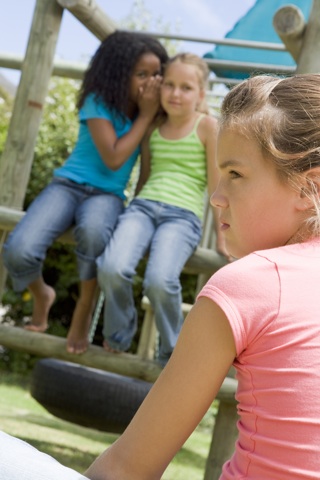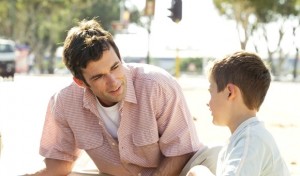“What is one thing you like about yourself?…. What are you good at? What is one talent that you have inside of you?” This is the question I asked my art class at BLS. The word of the month is confidence, and I wanted to start the class with each student feeling confident. One student was sitting in on his first class this year, and as one of my more shy students, hadn’t said a word to me thus far. He rolled his head back, stared up at the ceiling with his big eyes thinking hard, and then barely whispered, “I’m good at art.”
“Yes, you are! You are a very good artist! I love your work!” I said beaming at him, and he smiled his shy smile and started to relax a little.
“Oh yeah! I’m really good at art too!” Another one of my students chirped in, smiling from ear to ear. He is not as shy.
“Yes you are! You are a really good painter, you paint so fast and it’s always really good!” I reassured him.
Confidence in your artistic ability might seem like a pretty common idea in an art class, but I assure you that it’s not. It’s actually a pretty unique idea, one I’ve only heard from 5 year olds. I also teach adult classes when I’m not at BLS. I do events where people can come drink while I show them how to replicate one of my paintings. Before the event even gets started I am usually met with 10 or so people explaining to me why they will not be taking home a masterpiece that night. “I am a horrible artist! I’ll be lucky if you can even tell what the painting is!” To which I usually laugh and say something along the lines of – “Drink some more, it helps the painting look better when you leave”, and then I turn around and wink at the bartender.
The truth of the matter is that there is no such thing as a “horrible” artist. They’re just inexperienced artists. Somewhere between 5 and 45 someone convinced us that because we didn’t do things exactly the way everyone else was doing them that we were bad at it. We may have even been the ones telling ourselves that. After about four decades, it is easy to consider yourself “hopeless”. But really, art isn’t about how well you can copy someone else’s style. It’s about finding your own style and refining it. Sure you may need to try different things to find your stride or your niche, but believing yourself is the only way to begin that journey and then keep the determination you need to become skilled at it.
I spend about 3 hours convincing my adult students to relax, have fun, and to stop trying to replicate my painting stroke for stroke or competing with the artist next to them. Happily, with younger students, I have to convince them TO copy someone else. “No, see… DaVinci’s Mona Lisa has black hair, not green” Or in one student’s case, not painting the whole page black every time. “Why don’t we just paint her hair black in THIS one, and THEN you can paint another picture and it can be all black. Ok? Ok.”:)
I have so much fun in my classes, and even though I am teaching your kids, really your kids are also teaching me. This month I’m learning that even if a 5 year old seems to be bursting with confidence, it is something that can easily be extinguished. We need to teach them to preserve it through their teenaged and adult years if they are going to reach their true potential and bring something new and different to the world. Just a little bit of reassurance goes a long way in a child’s world, and the results will astound you. They astounded me this week. These are my class’s masterpieces ~



 From another point of view we show confidence by our willingness to ‘build others up’. A confident person is not afraid to give sincere compliments to others or to express appreciation for what they have done or what they do. Helping others feel good about themselves, and helping others feel good about another person, demonstrates a lack of fear, that someone may appear “better than” ourselves.
From another point of view we show confidence by our willingness to ‘build others up’. A confident person is not afraid to give sincere compliments to others or to express appreciation for what they have done or what they do. Helping others feel good about themselves, and helping others feel good about another person, demonstrates a lack of fear, that someone may appear “better than” ourselves.






